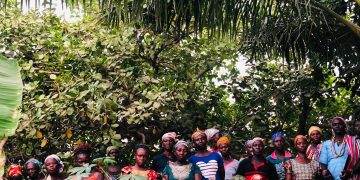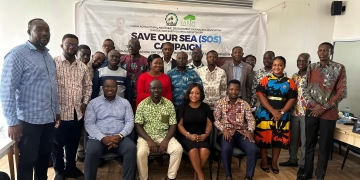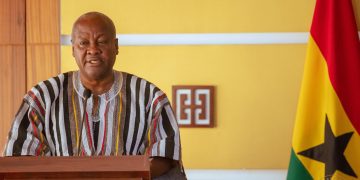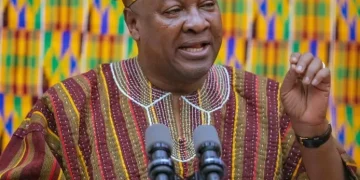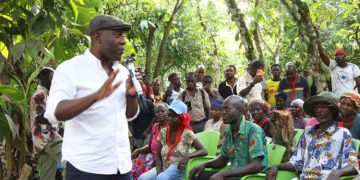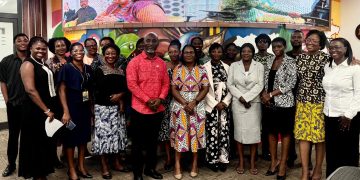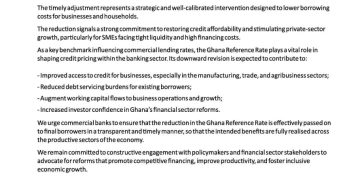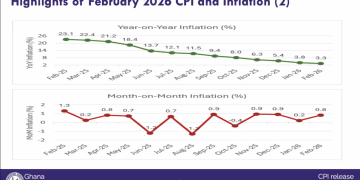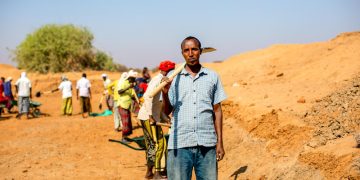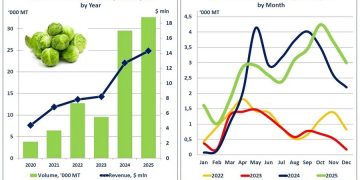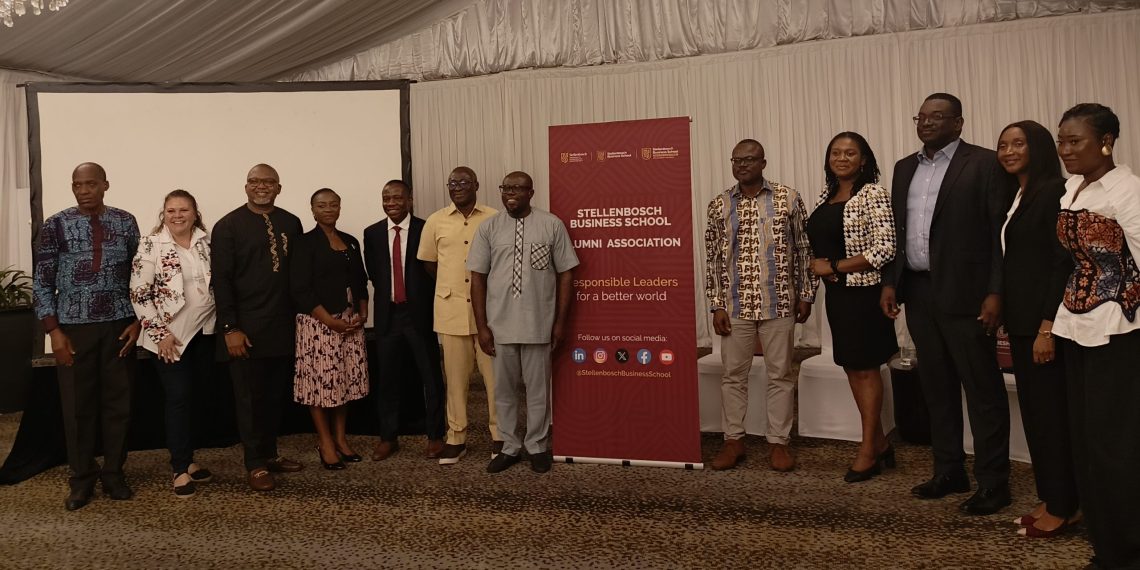The continent must move beyond policy rhetoric and take bold, practical steps to unlock full benefits of the African Continental Free Trade Area (AfCFTA).
This was the consensus at a high-level thought leadership panel discussion organised by the Stellenbosch Business School Alumni Association Ghana Chapter in Accra.
Officially launched in 2021, AfCFTA aims to create a single market of over 1.3 billion people and a combined GDP of US$3.4trillion. Yet, despite its enormous potential, intra-African trade remains relatively low—hovering around 15 percent, compared to 60–70 percent in Europe and Asia.
Panellists agreed that bridging this gap will require more than harmonised policies; it demands concerted action, stakeholder collaboration, and enabling environments.
Moderating the discussion, Dr. Ralph Nordjo, Research and Project Director at the Africa Directorate of the Copenhagen Consensus Center, noted that intra-African trade continues to lag behind global averages and urged stakeholders to shift from policy enthusiasm to coordinated execution.
From policy to practice
Chris Wulff-Caesar, Managing Director of Unilever Ghana Plc, highlighted the gap between policy ambition and real action, urging that stakeholders must “walk the talk”.
“We can no longer afford to pay lip-service to intra-African trade,” he said.
He emphasised that intra-African trade goes beyond legislation and depends heavily on trust in African systems. Africans must believe in and support African-made products to enhance trade within the continent.
Mr. Wulff-Caesar also stressed the need for countries to identify and leverage their competitive strengths to contribute meaningfully to regional value chains. In his view, competitivenes – not just policy alignment – will drive real trade.
Informal sector realities & mindset shift
From the banking and finance sector, Nana Esi Idun-Arkhurst, Divisional Director for Retail and Business Banking at Fidelity Bank Ghana, underscored the importance of ensuring that AfCFTA delivers inclusive benefits especially for women, youth and small businesses.
She noted that many micro, small and medium-sized enterprises (MSMEs) – which form the backbone of Africa’s economy – lack access to critical resources such as finance, digital tools and market intelligence. Without deliberate support mechanisms, she warned, these enterprises may be left behind in the implementation of AfCFTA.
Ms. Idun-Arkhurst advocated for policies that level the playing field and strengthen the capacity of local businesses to participate meaningfully in regional value chains. She also pointed out that efforts to formalise many small businesses are often obstructed by cumbersome registration and compliance processes.
Adding to this, Professor Samuel Bonsu – an academic and governance expert – emphasised that current policy frameworks often overlook the informal sector, which employs over 80 percent of Africa’s workforce.
“Informal cross-border trade is already thriving but remains largely unstructured and unsupported,” he said, urging policymakers to build systems around existing realities rather than idealised models.
He reiterated the call for inclusive policy instruments that actively integrate informal traders and small businesses.
Professor Bonsu also touched on cultural and psychological barriers, noting that colonial legacies have fostered an over-reliance on external systems and products.
He stressed the need for Africans to reorient their thinking to develop confidence in homegrown solutions and challenging outdated norms that inhibit local production and innovation.
Digital infrastructure
Ekow Thompson, Executive Leader in Digital Innovation at Interactive Digital Ltd., focused on digital infrastructure as a strategic enabler for trade integration. While acknowledging that access to technology is growing, he stressed a need to move beyond mere connectivity to purposeful digital leverage.
He flagged persistent information gaps and called for platforms that allow businesses – especially SMEs – to collaborate and scale across borders more effectively.
Mr. Lawrence Okine, an alumnus of Stellenbosch Business School, underscored the urgency of mindset transformation.
He argued that Africa is not short of talent or human capital but faces challenges in how it nurtures and deploys that talent.
He advocated for collaborative leadership, curriculum reform and intentional investment in people to drive continental growth.
Mr. Okine also stressed the importance of regional cooperation and a pan-African outlook across both public and private sectors.
Genevieve Cornelius, General Manager of Enterprise Funeral Services Ghana (Enterprise Group), urged a long-term investment lens – one that builds resilient, future-oriented businesses that can thrive in an integrated African market. According to her, trade integration should go hand-in-hand with institutional continuity and innovation.
Brenda Semevo Afari, Legal Counsel and Corporate Governance Consultant, reiterated that although AfCFTA appears comprehensive on paper, practical progress has been slow.
She stressed that without addressing tariff regimes and emerging gaps between jurisdictions, the trade pact risks remaining an aspiration.
She called for capacity-building and stronger governance mechanisms to support cross-border trade.
About Stellenbosch Business School
Stellenbosch Business School, a leading institution under Stellenbosch University in South Africa, is renowned for developing responsible leaders through world-class business education. With a strong focus on African development, innovation and ethical leadership, the school offers MBA, MPhil, PhD and executive education programmes designed to equip professionals with the skills and insights needed to thrive in a global economy. Its alumni network spans the continent, playing influential roles in shaping business and policy landscapes.

